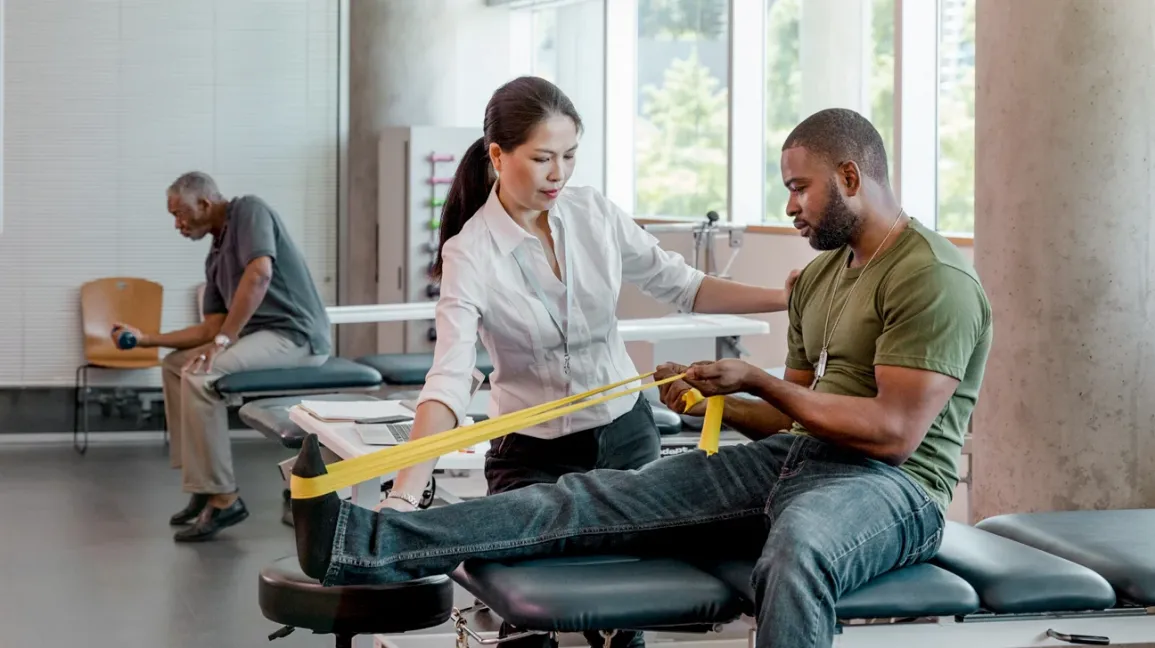Introduction
Alternative therapies offer individuals a diverse range of natural approaches to promote health and well-being. Alternative therapies aim to balance and harmonize the body, unlike traditional medicine, which treats symptoms and diseases with drugs.
This article delves into alternative therapies, discussing their benefits, different modalities, and growing popularity among individuals seeking holistic wellness solutions.
1. Understanding Alternative Therapies
1.1 What Are Alternative Therapies?
Alternative therapies, often known as complementary or integrative medicine, include several healing methods outside orthodox medicine.
These therapies explore the mind-body-spirit connection to health and well-being.
Alternative therapies emphasize treating the root cause of ailments rather than solely addressing symptoms, aiming to restore balance and promote the body’s innate ability to heal itself.
1.2 The Principles Behind Alternative Therapies
Alternative therapies are guided by several core principles. These include:
The belief in the body’s natural ability to heal itself.
The focus is on treating the whole person rather than isolated symptoms or diseases.
The importance of prevention and proactive health management.
The mind-body connection and how emotional well-being affects physical health.
The emphasis on personalized and patient-centered care.
2. Popular Alternative Therapies
Alternative therapies encompass a wide range of modalities. Here are some popular ones:
2.1 Acupuncture: Balancing Energy Flow
Acupuncture, originating from traditional Chinese medicine, involves the insertion of fine needles into specific points on the body. This practice aims to balance the energy flow, known as qi or chi, throughout the body, promoting physical and emotional well-being.
2.2 Herbal Medicine: Harnessing the Power of Nature
Herbal medicine utilizes plant extracts and natural substances to promote healing and restore health. Herbal remedies are tailored to address specific conditions and often have fewer side effects than synthetic pharmaceuticals.
2.3 Chiropractic Care: Aligning the Body’s Structure
Chiropractors diagnose and treat spine-related musculoskeletal problems.
Chiropractors use manual manipulations to correct alignment, relieve pain, and promote health.
2.4 Ayurveda—Life Science
Ayurveda, an ancient Indian medical system, uses nutrition, herbal medication, yoga, meditation, and massage to attain balance.
It recognizes different body types and tailors treatments accordingly.
2.5 Meditation: Cultivating Mindfulness and Inner Peace
Meditation involves focusing one’s attention and eliminating the stream of thoughts, promoting relaxation, mindfulness, and emotional well-being. It has been shown to reduce stress and anxiety and improve overall mental health.
2.6 Homeopathy: Treating Like with Like
Homeopathy is based on the principle of “like cures like.” It uses highly diluted substances to stimulate the body’s natural healing response. Homoeopathic remedies are selected based on the individual’s unique symptoms and constitutional profile.
2.7 Reiki: Channeling Universal Life Force Energy
Reiki is a Japanese healing technique that involves the channelling of universal life force energy through the practitioner’s hands. It aims to promote relaxation, reduce stress, and facilitate physical and emotional healing.
2.8 Aromatherapy: Enhancing Well-Being with Fragrant Oils
Aromatherapy utilizes essential oils extracted from plants to improve physical and emotional well-being. These oils can be inhaled, applied topically, or used during massages to promote relaxation, boost mood, and alleviate specific ailments.
2.9 Naturopathy: Embracing the Healing Power of Nature
Naturopathy uses natural remedies and therapies to support the body’s self-healing mechanisms. It combines various modalities, such as herbal medicine, nutrition, lifestyle counselling, and hydrotherapy, to restore and maintain optimal health.
2.10 Reflexology: Stimulating Vital Points on the Feet
Reflexology involves applying pressure to specific points on the feet, hands, or ears that correspond to various organs and systems in the body. By stimulating these reflex points, reflexologists aim to promote balance, relaxation, and overall well-being.
3. Benefits of Alternative Therapies
3.1 Holistic Approach to Health
Alternative therapies consider the interplay of physical, mental, emotional, and spiritual aspects of health, offering a comprehensive and holistic approach to well-being. By addressing the root causes and supporting the body’s natural healing mechanisms, these therapies can promote long-lasting health improvements.
3.2 Personalized Treatment Plans
Alternative therapies recognize the uniqueness of each individual and tailor treatment plans accordingly. Practitioners spend time understanding their patients’ needs, lifestyles, and preferences to create personalized strategies that address their specific health goals.
3.3 Minimizing Side Effects
Many alternative therapies, being derived from natural sources, have fewer side effects compared to conventional pharmaceuticals. This makes them attractive to individuals seeking treatments that minimize the risk of adverse reactions and promote overall well-being.
3.4 Empowering Individuals
Alternative therapies empower individuals to actively participate in their health and well-being. By providing education, guidance, and self-care techniques, these therapies encourage individuals to make positive lifestyle changes and cultivate habits that support their long-term health.
4. Integrating Alternative Therapies with Conventional Medicine
While alternative therapies are often sought as standalone approaches, they can also complement conventional medical treatments. Integrative medicine combines the strengths of both conventional and alternative approaches to provide comprehensive care, leveraging the benefits of each modality to optimize patient outcomes.
5. Finding the Right Alternative Therapy for You
When considering alternative therapies, it’s essential to find the right fit for your needs and goals. Here are some steps to guide you:
5.1 Assessing Your Needs and Goals
Reflect on your health concerns, desired outcomes, and preferences. Understanding your needs and goals will help you narrow the options and select the most suitable therapy.
5.2 Researching and Seeking Professional Guidance
Conduct thorough research on different alternative therapies to gain a deeper understanding of their principles, effectiveness, and safety. It’s crucial to consult with qualified practitioners who can provide expert guidance based on your specific health condition.
5.3 Considering Safety and Compatibility
Ensure that any alternative therapy you choose is safe and compatible with your health. Discuss potential interactions with medications or ongoing treatments with your healthcare provider to make informed decisions.
5.4 Evaluating Success Stories and Testimonials
Read success stories and testimonials from individuals who have experienced positive results from alternative therapies. This can provide insights into the potential benefits and help you gauge the effectiveness of different modalities.
6. Conclusion
It offer a natural and holistic approach to health and well-being, empowering individuals to take charge of their healing journey. Considering the interconnectedness of the mind, body, and spirit, these therapies promote balance, restore vitality, and support the body’s innate ability to heal itself. Integrating alternative therapies with conventional medicine provides a comprehensive and personalized approach to care, ensuring the best possible outcomes for individuals seeking holistic wellness solutions.










